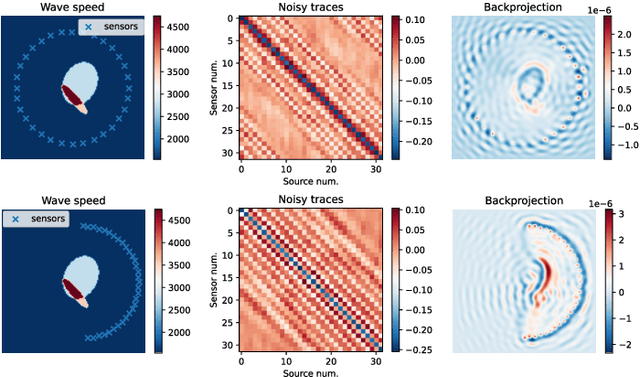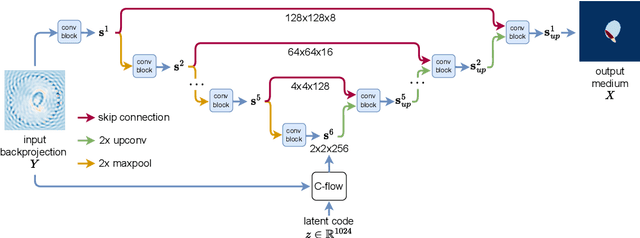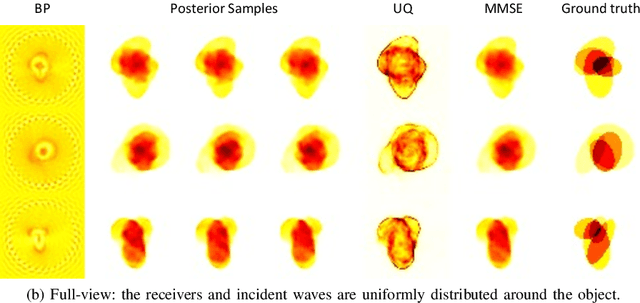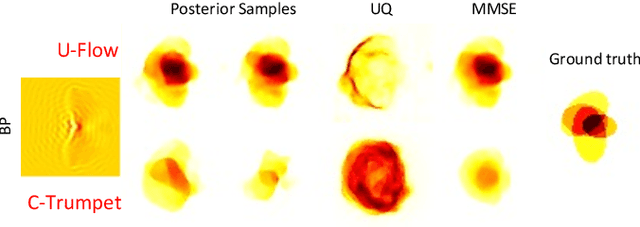Ali Aghababaei
Application of integrated gradients explainability to sociopsychological semantic markers
Mar 06, 2025Abstract:Classification of textual data in terms of sentiment, or more nuanced sociopsychological markers (e.g., agency), is now a popular approach commonly applied at the sentence level. In this paper, we exploit the integrated gradient (IG) method to capture the classification output at the word level, revealing which words actually contribute to the classification process. This approach improves explainability and provides in-depth insights into the text. We focus on sociopsychological markers beyond sentiment and investigate how to effectively train IG in agency, one of the very few markers for which a verified deep learning classifier, BERTAgent, is currently available. Performance and system parameters are carefully tested, alternatives to the IG approach are evaluated, and the usefulness of the result is verified in a relevant application scenario. The method is also applied in a scenario where only a small labeled dataset is available, with the aim of exploiting IG to identify the salient words that contribute to building the different classes that relate to relevant sociopsychological markers. To achieve this, an uncommon training procedure that encourages overfitting is employed to enhance the distinctiveness of each class. The results are analyzed through the lens of social psychology, offering valuable insights.
Deep Variational Inverse Scattering
Dec 09, 2022



Abstract:Inverse medium scattering solvers generally reconstruct a single solution without an associated measure of uncertainty. This is true both for the classical iterative solvers and for the emerging deep learning methods. But ill-posedness and noise can make this single estimate inaccurate or misleading. While deep networks such as conditional normalizing flows can be used to sample posteriors in inverse problems, they often yield low-quality samples and uncertainty estimates. In this paper, we propose U-Flow, a Bayesian U-Net based on conditional normalizing flows, which generates high-quality posterior samples and estimates physically-meaningful uncertainty. We show that the proposed model significantly outperforms the recent normalizing flows in terms of posterior sample quality while having comparable performance with the U-Net in point estimation.
 Add to Chrome
Add to Chrome Add to Firefox
Add to Firefox Add to Edge
Add to Edge